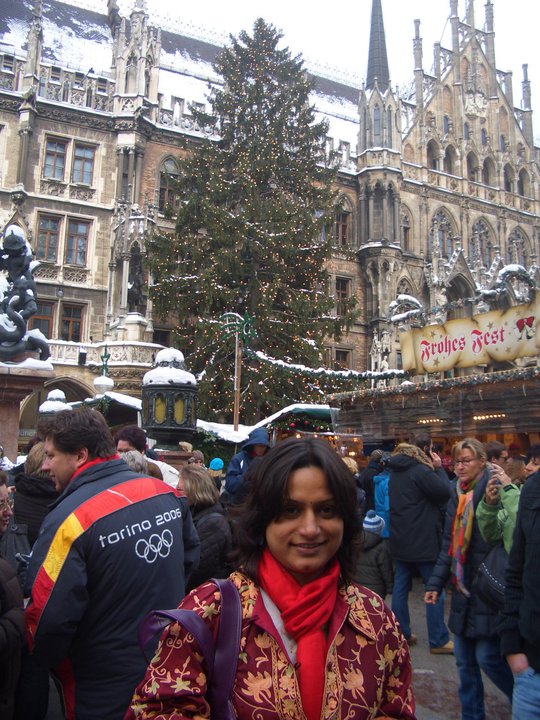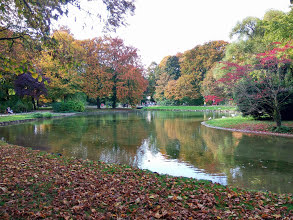When I visited Munich in 2010, I instantly enrolled myself into a course at DeutschAkademie. The reason was simple- I am a lacto- vegetarian (someone who eats dairy but no meat and eggs) and I could not figure out which of the products had egg or meat in it. For example, it was only here I realized that not all cheeses are vegetarian: some like Parmesan have rennet that is derived from the intestine of a cow. I wanted to ensure that whatever I was eating was indeed vegetarian even though I am not extremely staunch, but I prefer as far as possible, in fact, going out of my way to stick to being a vegetarian. In India, there is a law that states that all food products must have either a green dot to indicate that they are lacto-vegetarian, or have a brown dot to indicate that they are not. But in Germany, due to lack of such a convenience, learning German was essential to ensuring that I could stick to my preferences.
7 years later, I am trying to be a Vegan and also eat as healthy as possible (which translates to eating minimal processed foods, avoid processed sugar and hidden sugar alternatives, eat “Vollkorn” or whole foods along with managing my macros and micros effectively. But if I have changed, so has Germany! I have noticed a stark change in the labelling of food products. Almost every restaurant (not just the Italian ones) including those in small sleepy villages, make sure to offer at least 2 vegetarian dishes on their menu. There is an entire Vegan section at most supermarkets. There are products certified by the Vegetarian society of Germany and quite a few products have markings “vegetarian” or “Vegan” on them. There is no dearth of plant based yoghurts and milks and there are ample “fake meat” alternatives available made of soya or wheat protein. I see ads of smartphone apps offering tips and recipes to Vegan starters at underground stations. Of course the fact that I can now read labels better thanks to my improved German helps me make better food choices too!
Although I still get confused with regards to eiweiß as sometimes it means egg-whites and sometimes protein, that’s when I need to read the fine print in the “zutaten”!





